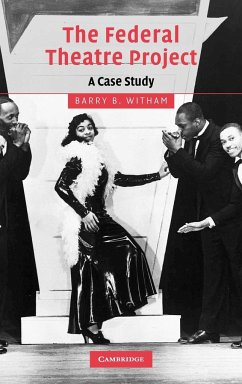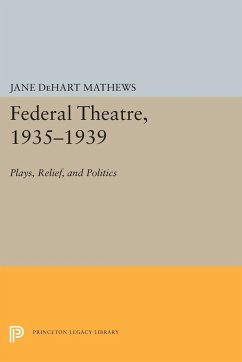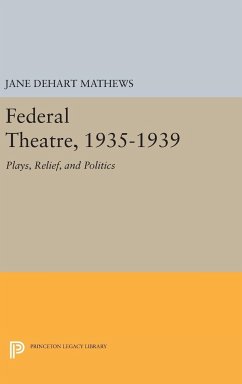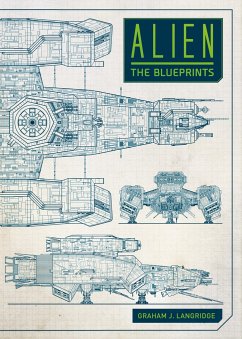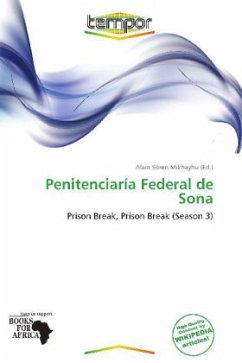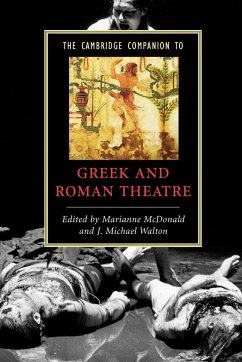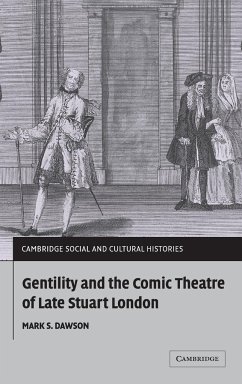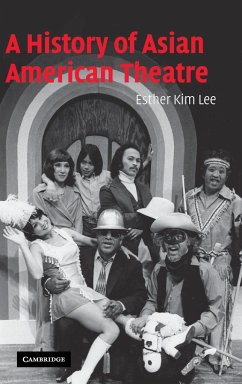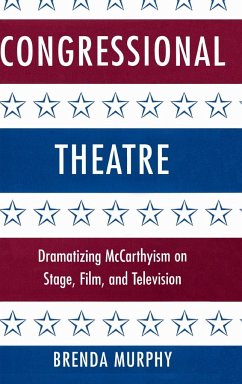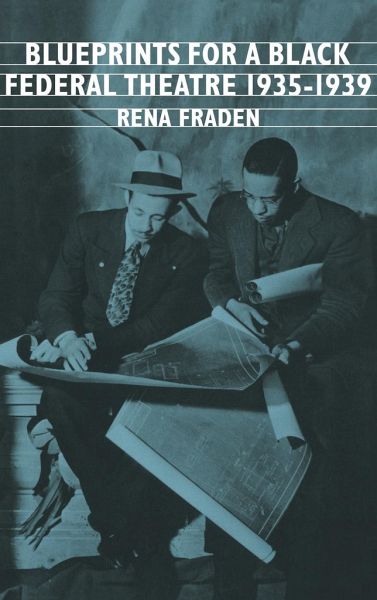
Blueprints for a Black Federal Theatre
Versandkostenfrei!
Versandfertig in 1-2 Wochen
133,99 €
inkl. MwSt.

PAYBACK Punkte
67 °P sammeln!
The Negro units of the Federal Theatre Project were one of the highly controversial, cutting-edge expressions of New Deal philosophy at work within the Works Progress Administration's Arts Projects. This experiment in government-supported culture during the late 1930s brought to the forefront one of the central problems in American democratic culture - the representation of racial difference. As WPA, the FTP and writers like Richard Wright and Theodore Ward attempted to make art more relevant and more accessible to more people, they often came up against a conflict between their high-minded se...
The Negro units of the Federal Theatre Project were one of the highly controversial, cutting-edge expressions of New Deal philosophy at work within the Works Progress Administration's Arts Projects. This experiment in government-supported culture during the late 1930s brought to the forefront one of the central problems in American democratic culture - the representation of racial difference. As WPA, the FTP and writers like Richard Wright and Theodore Ward attempted to make art more relevant and more accessible to more people, they often came up against a conflict between their high-minded sense of what art could accomplish and the demands of their audience for popular entertainment. At a time when the tradition of black entertainment had come to seem suspect to many of the black intelligentsia and black artists, the provocative question of how political or entertaining black theatre should be was rendered especially problematic. Those working in the profession quickly discovered the inescapable ideological responsibilities that come of opening a curtain on any sort of show, whether apparently entertaining or political in nature. Blueprints for a Black Federal Theatre goes on to explore the historical context of its subject, taking up the liberal idealism of the thirties and the critical debates in black journals over the role of a national theatre for African Americans. Surveying the difficulties of writing new plays that broke with old stereotypes, the conflicting demands audiences made for different kinds of dramas, and the role of the "essentially dramatic" black actor, the book offers broad and timely reflections on issues of cultural separatism and multiculturalism that continueto engage the arts today.





